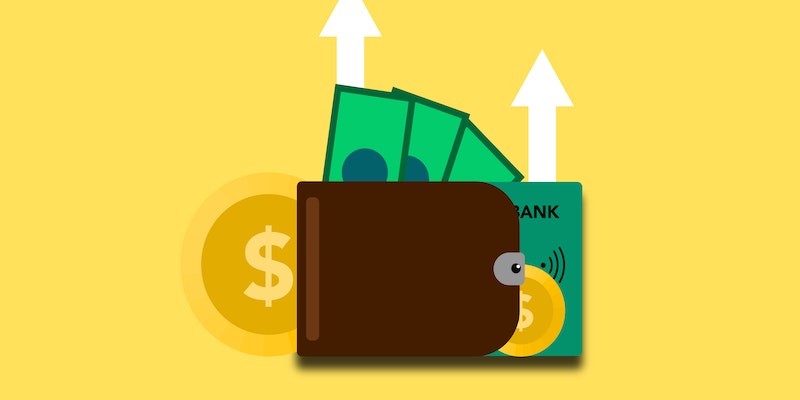
Introduction
What is commercial credit? Commercial credit is a sum of money that a bank lends to a business and that business may utilize at any moment to assist it in meeting certain financial commitments. Typically, commercial credit is utilized to finance ongoing business activities and is paid back as soon as funds are available. In contrast to a non-revolving credit line, commercial credit is often offered as a revolving credit line. Commercial lines of credit or business credit are other names for commercial credit. It may also be referred to as business lending or commercial credit. A phrase used to refer to the ability of a firm to purchase goods or services from a provider is commercial credit.
Business credit is subject to the business paying the supplier following the terms the customer agreed upon at the time of purchase. As a result, commercial credit is an on-demand credit facility for loans that have already received lender or bank approval. It is often used for working capital needs or immediate cash demands. This credit feature allows the borrower to pay interest only on the amount they withdraw, unlike loans where interest is charged on the total credit amount.
Commercial Credit Levels
Beyond goods and services and other transactions, "business credit" encompasses many goods and services. Commercial credit may also be used as collateral for bank loans. If you're looking for a loan from the right bank, the amount of credit that can be extended depends on several factors. The three most crucial factors are the present value of the applicant's assets, the cash asset to debt ratio, the value of assets that can be swiftly converted to cash, and the value of assets that can be used as loan collateral. It is also taken into account the company's credit history. After the financial profile is complete, the lender will decide how much commercial credit could be extended to the business.
One of the most critical responsibilities modern organizations must complete is safeguarding commercial credit. The basis for current continuous growth in several industries is the capacity to accept financial aid or to guarantee the security of goods and services that increase the effectiveness of the business. The availability of loans will decrease if one cannot maintain a strong financial rating. It might, in certain cases, lead lenders to discontinue the financing completely.
Knowledge of Commercial Credit

Commercial credit is a type of credit given to businesses that enables them to meet various demands relating to their operations even when cash is not immediately accessible. The commercial credit line can be used by businesses to finance inventory, working capital needs, capital expenditures, and other management-related costs. Businesses also utilize it to finance new enterprises that come up outside of their regular operations. An organization must bargain with a bank to be approved for commercial credit lines based on assessing the company's profile. A corporation may borrow money from a credit line at any time if it is a revolving credit line with an available amount, similar to one found on a credit card. The amount drawn will be subject to interest charges until it is paid back.
Commercial Credit Types
Two widely available forms of business credit are mostly connected to establishing the revolving credit facility. Commercial credit is divided into secured commercial credit and unsecured commercial credit.
Commercial Credit With Security
Commercial credit is a sort of credit that is secured by a property. If the borrower defaults on the loan, the lender may request the collateral as payment or sell the collateral for cash, with the proceeds then being used to settle the debt.
Commercial Unsecured Credit
The unsecured commercial loan carries a higher risk for the lending institution because it is not backed by collateral. Secured credit often has higher interest rates and smaller borrowing amounts. Additionally, the evaluation procedure is more extensive and requires the business to present a stable financial situation.
Conclusion
A commercial credit score is a pre-approved amount of money a company may borrow to pay for various financial commitments. A standard instrument that provides security for both the buyer and the seller is increasingly crucial. This is the point at which the letter's credit score is considered.
One of the primary uses of commercial credit is often to finance daily operations. Commercial credit is typically provided as a revolving line of credit that may or may not is secured. Access to cash, a simpler utility process, and the capacity to keep reasonable control over the company are all benefits of commercial credit scores.



